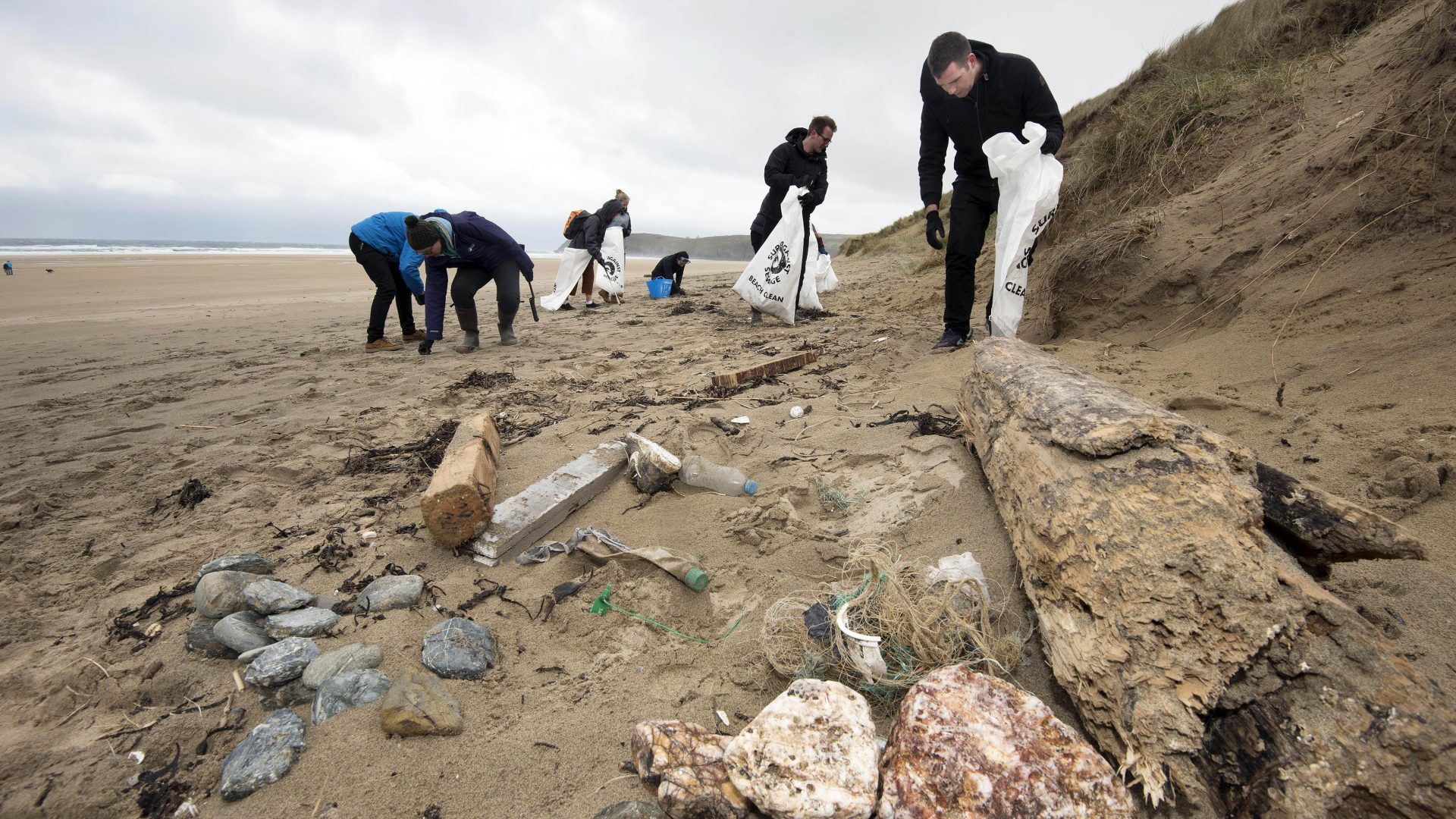
The Ellen MacArthur Foundation 2025 Progress Report Explained
Voluntary action isn’t enough
The Ellen MacArthur Foundation Global Commitment 2025 Progress Report (using 2024 data) is out, and it’s a wake-up call. While a handful of companies are making small steps, the 2025 targets are set to be missed unless governments step in with strong laws and enforceable targets.
Launched in 2018, the Global Commitment brings together over 1,000 organisations – businesses, governments, and NGOs – aiming to:
- Cut out unnecessary and problematic plastics
- Innovate reusable, recyclable, or compostable packaging
- Keep plastic in the economy and out of our environment
Sounds ambitious, right? But the reality is messy.
A Few Bright Spots
Some progress is happening. Signatory brands have collectively reduced virgin plastic use by 6% since 2018, while the global plastic market grew 13% in the same period. Post-consumer recycled content has tripled from 5% to 16%, and over 775,000 tonnes of the most problematic plastics such as PVC and polystyrene have been removed. Around 85% of packaging is technically recyclable, up slightly from 83% last year. Governments are starting to invest in recycling infrastructure, with 40% enforcing minimum recycled content.
So yes, some companies are proving that change is possible – if they’re forced to, nudged, or shamed into it.
But the System is Still Failing
Here’s the hard truth: progress is nowhere near enough. Reuse remains stuck at 1.2%, which is basically a rounding error. Absolute reductions in virgin plastic are tiny in the grand scheme – nowhere near what’s needed to hit climate goals or protect the ocean. And let’s be clear: “technically recyclable” doesn’t mean it actually gets recycled. With collection and sorting gaps, tonnes of plastic that should be recycled are still ending up in landfill, incinerators, or our seas.
Problematic plastics are still everywhere: multilayer flexibles, coloured PET, single-use sachets… all leaking into our rivers and oceans. In the UK, plastic litter is the most common type of pollution on our beaches, with more than 40,000 seabirds dying each year from ingesting it.
Voluntary commitments also leave major gaps: most global plastic producers aren’t signatories, so progress only covers a fraction of the problem. Self-reported data also raises big questions about accuracy, because we’ve seen companies overstate their green wins before.
Any Positives?
Some brands are improving:
- SC Johnson & Son: 32% virgin plastic cut, 25% recycled content, and a small bit of reuse (12%).
- L’Oréal: stellar 32% recycled content, strong recyclability redesign.
- Unilever: steady improvements but still off track for its 50% virgin reduction target.
Meanwhile, Coca-Cola and Mars are increasing virgin plastic use. Seriously. This is a planet full of plastic and some of the biggest brands are still pumping out more.
Why We’re Furious
Every year, our volunteers pick up tonnes of plastic from beaches and rivers. The report shows that voluntary commitments alone will not stop this crisis. Reuse is barely a blip, absolute reductions are minimal, and regulatory gaps let companies off the hook. Our oceans, wildlife, and communities can’t wait.
What Needs to Happen
Surfers Against Sewage is calling for:
- Legally binding virgin plastic reduction targets – voluntary pledges just aren’t cutting it.
- Mandatory reuse systems supported by Extended Producer Responsibility (EPR) schemes.
- Enforceable recycled content standards, with clear monitoring and public transparency.
- Global accountability through the upcoming Global Plastics Treaty, because the oceans don’t care if your company is “committed.”
The 2025 checkpoint proves it: we cannot rely on corporations to regulate themselves. The time for laws, mandates, and real consequences is now.